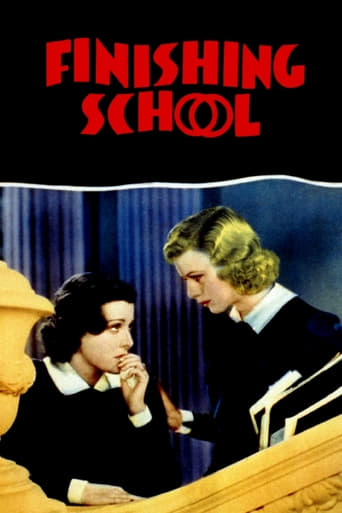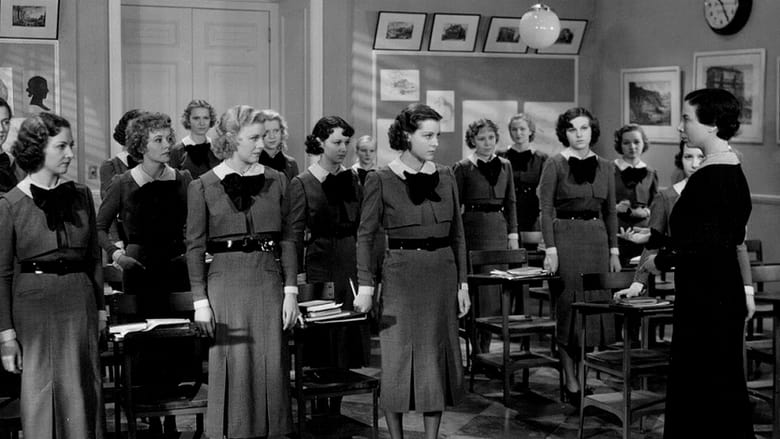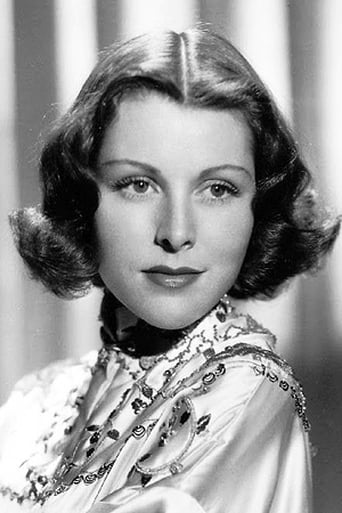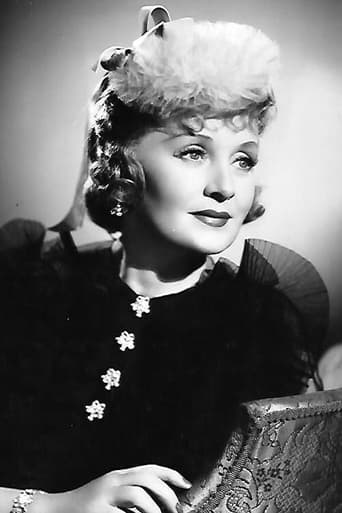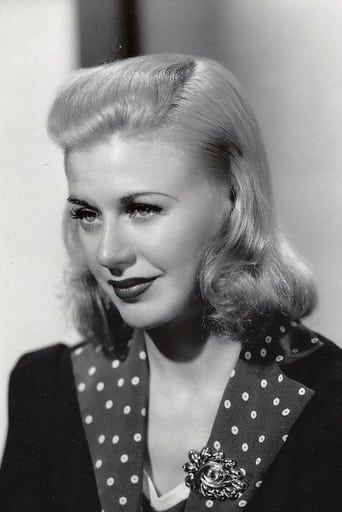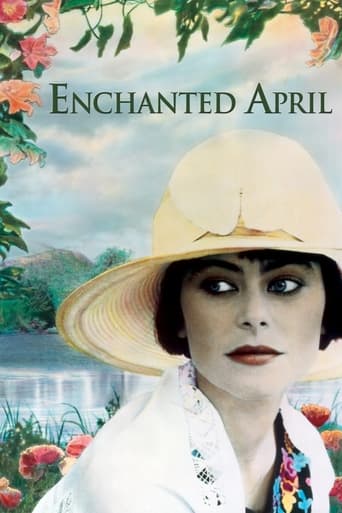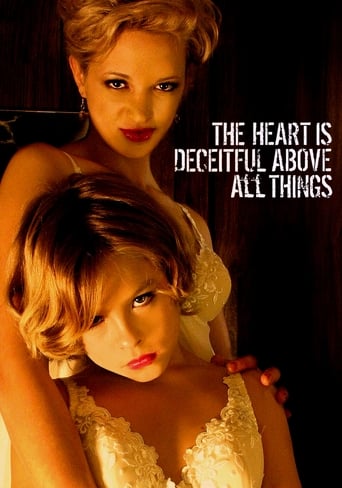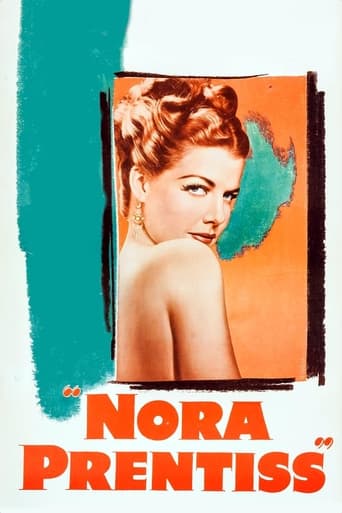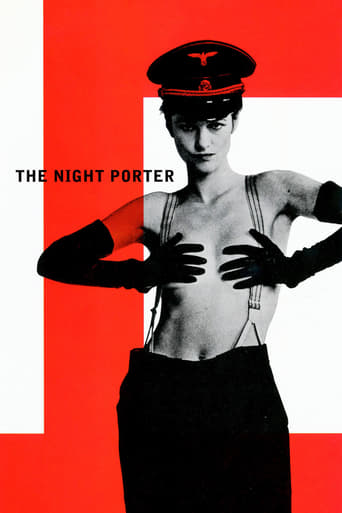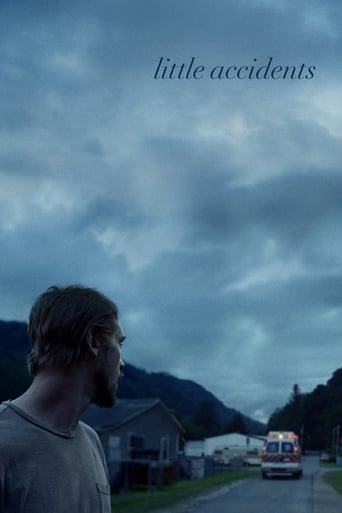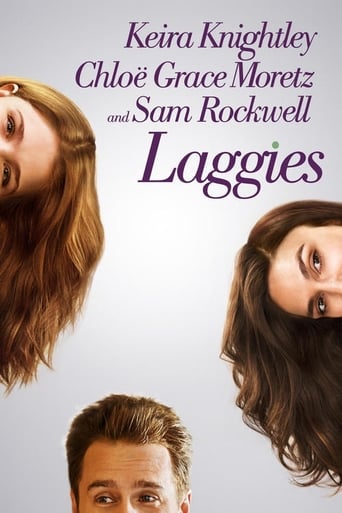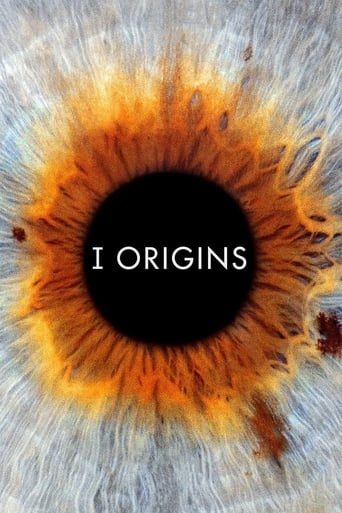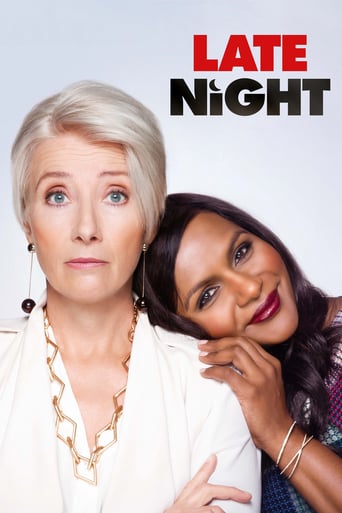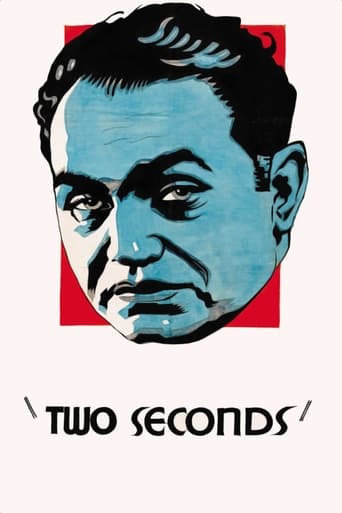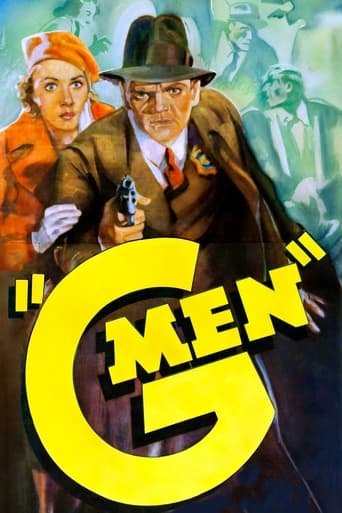Finishing School (1934)
Virginia, who studies at a boarding school for upper-class girls, falls in love with a medical intern who works as a waiter for a living. Both the director of the school and her mother oppose such a relationship.
Watch Trailer
Free Trial Channels
Cast


Similar titles
Reviews
Overrated and overhyped
A lot of perfectly good film show their cards early, establish a unique premise and let the audience explore a topic at a leisurely pace, without much in terms of surprise. this film is not one of those films.
It's simply great fun, a winsome film and an occasionally over-the-top luxury fantasy that never flags.
Great example of an old-fashioned, pure-at-heart escapist event movie that doesn't pretend to be anything that it's not and has boat loads of fun being its own ludicrous self.
If Frances Dee hadn't been so beautiful and opted for marriage with Joel McCrea, her talent would have carried her far (in my opinion). At the end of "Finishing School" she has a scene where she is contemplating suicide and it is very reminiscent of her work in "The Silver Cord" (1933). "Finishing School" was just one of several features made around this time, in imitation of the arty German feature "Madchen in Uniform" (1931). Frances plays Virginia Ratcliff, who is enrolled at Crocket Hall, an exclusive finishing school only for girls with families of breeding and inheritance. Of course she finds life at the school a "double standard", as room-mate Pony (Ginger Rogers) gives her the low down - anything goes but "don't get caught". When Virginia is invited by Pony to a "chaperoned" party and finds it anything but, she is rescued from the drunken embraces of a fresh footballer by Mac (Bruce Cabot), a waiter who is working his way through medical school. Frances Dee reminds one that she could have been a very fine actress. She has several dramatic scenes when she finds herself in the "usual" sticky situation. Bruce Cabot is fine as Mac and surprise! surprise! he doesn't play a jerk but a genuine ah shucks!! kind of guy. Beulah Bondi plays the matron in her usual acidic manner. John Halliday had a thankless role as Virginia's exasperated father. Ginger Roger plays peppy Pony but unlike Dawn O'Day (Ann Shirley) who played Billie, both she and Dee were beyond the proper age to be believable as young debs.An interesting story about Anne Shirley. She was just about to get her big break in "Anne of Green Gables" but before that happened she had to put up with the indignity of her part in "Finishing School". Anne had been in films since she was a baby and ten years later had still not received that "special" part that would push her out of the supporting ranks. Her pushy mother was convinced a role in "Finishing School" was the film to do it. She was given the role of Billie but as always seemed to happen to her, RKO changed it's mind and offered the part to Mitzi Green. So, once again, Anne, a ten year film veteran was shunted aside and given an extra's part while a less experienced player was given her role.... ...but a week later Green left the film, her father didn't think the role was big enough for his daughter (and it wasn't that big) and Anne was re-instated. George Nicholls Jnr, was assistant director and the next movie he was assigned was "Anne of Green Gables". He remembered Anne's work on "Finishing School" and was sure she would be perfect for the role of the red haired orphan - and she was.Highly Recommended.
As one of the 'BIG FIVE' RKO had to have a constant stream of pictures to meet the demands of their theaters. Typically output was about fifty-plus (50+) features a year and with the Great Depression budgets had to be kept tight. You cannot afford many KING KONG's each year so Executive Producer Merian C. Cooper kept most budgets to $100,000.00 or less. This kept the studio profitable and the staff busy and employed.FINISHING SCHOOL (1934) is filled with the current stock company of RKO. The story is of a idealistic and naive young women VIRGINIA RADCLIFF (Frances Dee) who goes to her Mother's (Billie Burke) 'Finishing School' and has her eyes opened up. The students led by CECELIA 'Pony' FERRIS (Ginger Rogers) spend most of their time dodging the rules. Principal MISS VAN ALYSTYNE (Beulah Bondi) and teachers like MISS FISHER (Sara Haden) are mainly interested in the appearances of propriety not the substance. Fortunetly VIRGINIA becomes aware of the hypocrisy and with the love of RALPH McFARLAND (Bruce Cabot) and the support of her Father MR. RADCLIFF (John Halliday) breaks free from the School and it's influences. One of those left behind is BILLIE (Dawn O'Day) who four (4) films later will become ANNE SHIRLEY! Least you think institutions like FINISHING SCHOOL no longer exist, guess again. Just GOOGLE and you will find extensive listing of such schools. Though judging from their 21st Century curriculum's they appear have more substance then just how to serve Tea.
A posh school that makes a big show of its moral codes, and party girl students like Ginger Rogers: there's a genre expectation here of a comedy pitting those two elements against each other - plucky students, goody two shoes students, stuffy teachers, cheeky classroom answers, flashlights under blankets, dormitory windows with trellises or trees to facilitate sneaking in/out. This isn't what the film is, although it plays with those expectations.For a start, it turns out that the institution and the party girls get on fine with each other. Rogers' character sees through the institution's preaching as a front for the "genteel racketeering" of extracting exorbitant fees from rich parents, and she understands that the school doesn't care what she does (or what sort of risks she runs) as long as she's sneaky about it and keeps up appearances.This comfortable arrangement is disturbed by Frances Dee, whose moral code the other characters find hard to categorise because it doesn't seem to forbid any particular behaviour or make a big thing about how moral it is - instead it's something along the lines of being true to oneself and living up to one's commitments.Both the institution and the party girls mistake her initially for a goody-two-shoes, so the institution approves and the party girls like Rogers disapprove. As the film develops, Rogers recognises that Dee's moral code is something to be admired and relied on, and Dee breaks the false dichotomy between a party girl and a goody two shoes by being curious, open minded, and willing to try anything once, but defining her own boundaries and being assertive about maintaining them. This independence soon enough confuses and confounds the school authorities, who crack down aggressively and vindictively on her attempts to find her own happiness.The best thing about the film is Frances Dee, who projects a sense of poise, patience, and decorum that's appropriate to the role (then again, some of the impression of poise and patience is probably accounted for by the fact that she's a timeless beauty who one doesn't feel in any hurry to look away from). The earnestness of her character can be tiring to watch - she's a serious, thoughtful young lady who meets a serious, thoughtful young man, and they have a serious, thoughtful relationship. Perhaps more could have been made of Rogers' character for cheekiness and dancing and comic relief, but that may say more about my own expectations for the film. My surprise at the twist the film took can probably also be attributed to my own expectations of the film and the character - thinking about it in retrospect, it's almost true by definition that serious, thoughtful people who follow their own moral codes are likely to do things that defy one's expectations - it's known as freedom.Because everyone is rich, it's harder to symphatise with their troubles (one wonders what Depression audiences made of being expected to feel sorry for the poor lonely girl who gets a $1000 cheque and a $2500 mink coat for Christmas instead of the company of her vacuous parents), and it requires suspension of disbelief not to expect that whatever trouble they get into, they'll be gotten out of it.Some of the commenters mention some ambiguity in the way the film gets a certain subject past the censors, but it's clear that the filmmakers didn't intend any ambiguity and that an adult audience of the time, familiar with the conventions, wouldn't have had any hesitations or doubts in understanding what was going on.It would be over the top to characterise the film as making any grand statements, but its observations about institutional codes and "genteel racketeering" are quite accurate and apply to more than fictional finishing schools - in a scene that hasn't dated at all, Dee's character is brusquely dismissed from a posh soiree for failing to pretend not to notice that the person she is being introduced to is a family member of a white collar criminal.
Melodramatic film that basically tells the story of a girl who gets out from under the thumb of her wealthy, thoughtless, overbearing yet absent mama (Billie Burke) and under the influence of her new chums at Crockett Hall, an exclusive finishing school for young ladies ("the choice of first families for fifty years"). Virginia Radcliff (played by Frances Dee) is a gentle and sweet young lady who wants to follow, with all her heart, the set of rules put before her on her first day of school - no smoking, no drinking, no locked doors - and NO lipstick. Her wisecracking roommate, Cecilia (Ginger Rogers) aka "Pony" (she's just goofy about horses) thinks the "prissy" rules are just there to please the parents - and soon a couple of other gals are brawling on the floor of their room over a bottle of liquor! When Pony gets the girls out for a "weekend party" at a hotel by tricking the headmistress into thinking they are being escorted by her "aunt" (seedy actress who gets paid 5 bucks for the job) our good girl goes bad - she decides to get herself "tight" for the first time and they are soon boozing it up with a couple of shady fellows. But when Virginia can't handle her drink (or her creepy date) - the good-looking hotel waiter comes to her rescue, she's smitten, and is soon sneaking out of the school to see this guy. But trouble soon brews when our girl gets herself into another sort of "trouble" after her fellow meets her at the school's boat house - Virginia is soon butting heads with the snooty school headmistress who is mainly worried about the school's reputation.I found this to be an enjoyable, interesting film that starts out pretty light, but the story becomes much more serious towards the end. The trouble - pregnancy, is never mentioned being this was released in 1934 - they do everything but say the word to imply what is going on here though. The film features lots of top-notch performances that help keep the action rolling along - Frances Dee is excellent as the innocent good girl, Ginger Rogers is really fun to watch (as usual), and Billie Burke is in this film all too briefly, playing the sort of scatterbrained character that is typical for her. The school itself is actually introduced as a character known as "The Snob". And watch for a young Anne Shirley (aka Dawn O'Day) as a younger schoolmate, an innocent the older girls consider a pest - especially amusing is her scene where she asks Pony to borrow her brassiere. Quite a good film.

